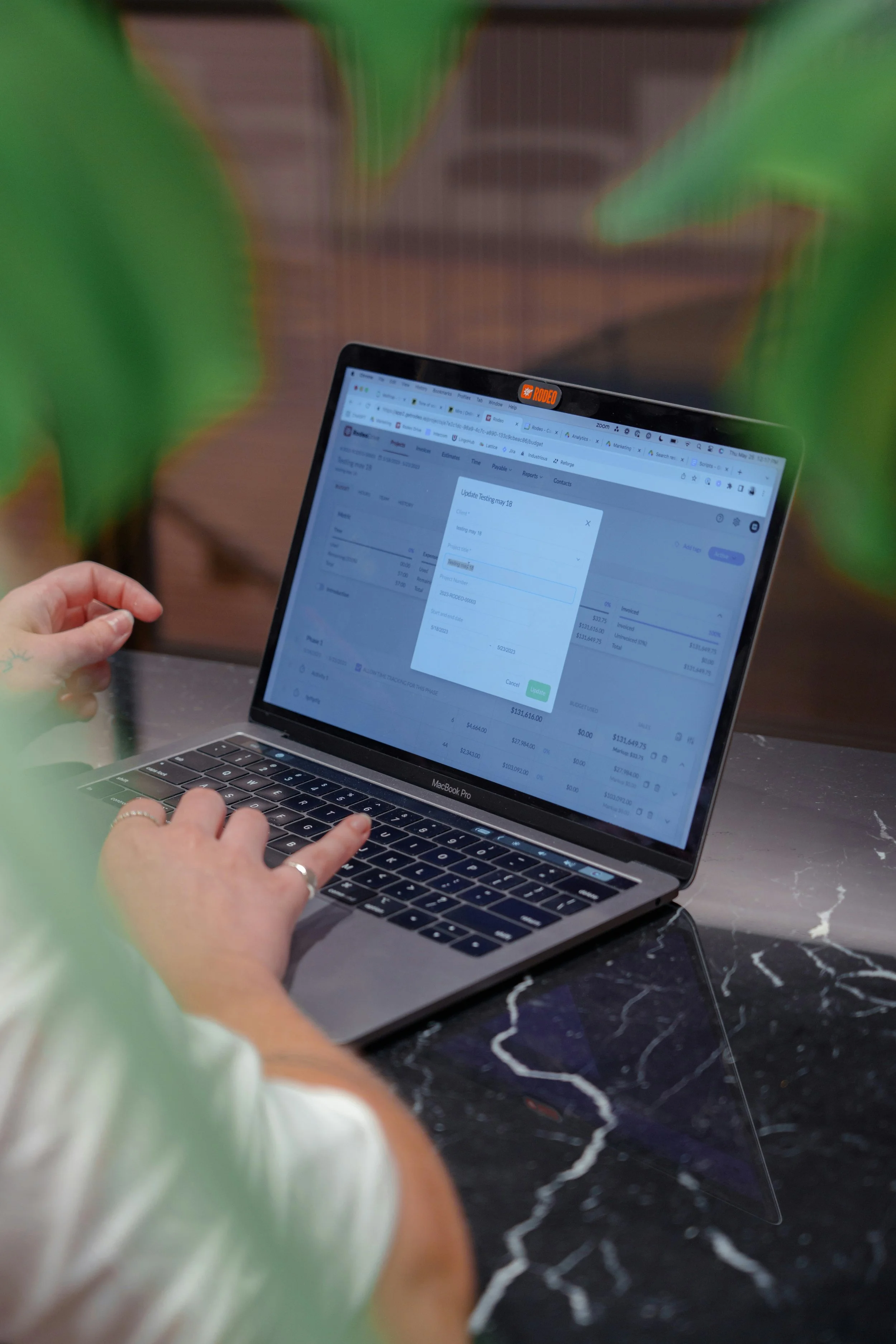The Madness of Apostrophes
Jenny Morse, PhD
Author and CEO
Apostrophes in English are that little emoji where the brain is popping out of the smiley face. Did you know there are languages that don’t use apostrophes? They just put an s at the end of the word; no punctuation, no problem. But not English, no. We like complicated.
In current English usage, apostrophes typically indicate 2 things: possession and elision. Possession is when somebody/something owns something:
the manager’s desk (the desk of the manager)
the company’s website (the website of the company)
Elision is when we skip over a letter or two
don’t (do not)
would’ve (would have)
We mess up the apostrophes in contractions (elision) because the words sound like other words:
your (belonging to you) you’re (you are)
their (belonging to them) they’re (they are)
whose (belonging to whom?) who’s (who is)
its (belonging to it) it’s (it is)
Want a more in-depth refresher on professional writing?
Try our Better Business Writing: On Demand course. This self-paced, virtual course will teach you strategies to become a more efficient and effective writer, and provide you with expert feedback.
These words sound exactly the same to us, but they are punctuated differently and have different meanings. The difference has to be memorized, just like you memorized that ewe and you are two different words that sound the same or bear and bare. Lots of words sound the same, and we still try to spell the one that we mean. Same goes for apostrophes; we need to use the apostrophe correctly to signal the word that we mean.
We mess up possession because we hear the “s” sound, and we aren’t certain whether we are using the “s” to talk about more than one (plural) or ownership (possession), and we get freaked out by the super-complicated plural possessive—desks for all the managers; websites for multiple companies.
the manager’s desk (the manager has a desk)
the managers’ desks (the managers have desks)
the company’s website (the company has a website)
the companies’ websites (the companies have websites)
So, how will you know whether to use an apostrophe and where to put it? Asking these 2 questions can help:
1. Do I have 2 nouns next to each other?
2. Am I talking about one thing or many things?
Question 1 helps you figure out whether you need an apostrophe. Possession only happens when one noun (person, place, or thing) owns another noun (person, place, or thing).
manager = noun (person) desk = noun (thing)
company = noun (thing) website = noun (thing)
Q1 = yes, I need an apostrophe
Question 2 helps you figure out where the apostrophe should go. If the first noun is singular (1 person, place, or thing), you’ll add apostrophe s (‘s). If the first noun is plural (more than 1 person, place, or thing), you’ll just add the apostrophe.
Q2 = one person one thing
the manager’s desk the company’s website
multiple people multiple things
the managers’ desks the companies’ websites
Ex:
Look at all those cars!
Q1 no = no apostrophe
Look at that car’s wheels!
Q1 yes (car and wheels) = yes apostrophe
Q2 no, wheels on 1 car = add ’s
Look at all those cars’ wheels!
Q1 yes (cars and wheels) = yes apostrophe
Q2 yes, wheels on all the cars = apostrophe after the s (s’)
So “Houses from the low 300’s”? No apostrophe.
“Gift’s for teacher’s”? No apostrophes anywhere.
“Open Sunday’s”? No.
“Thank you, Firefighter’s”? Not that either.
Generally, avoid putting an apostrophe with an s unless you are certain it belongs there. We see more and more errors in apostrophes around us. Don’t do what you see; do what you know is right. And, if it ever comes up for a vote, this is yet another issue where we should follow Sweden’s lead and eliminate apostrophes altogether.












